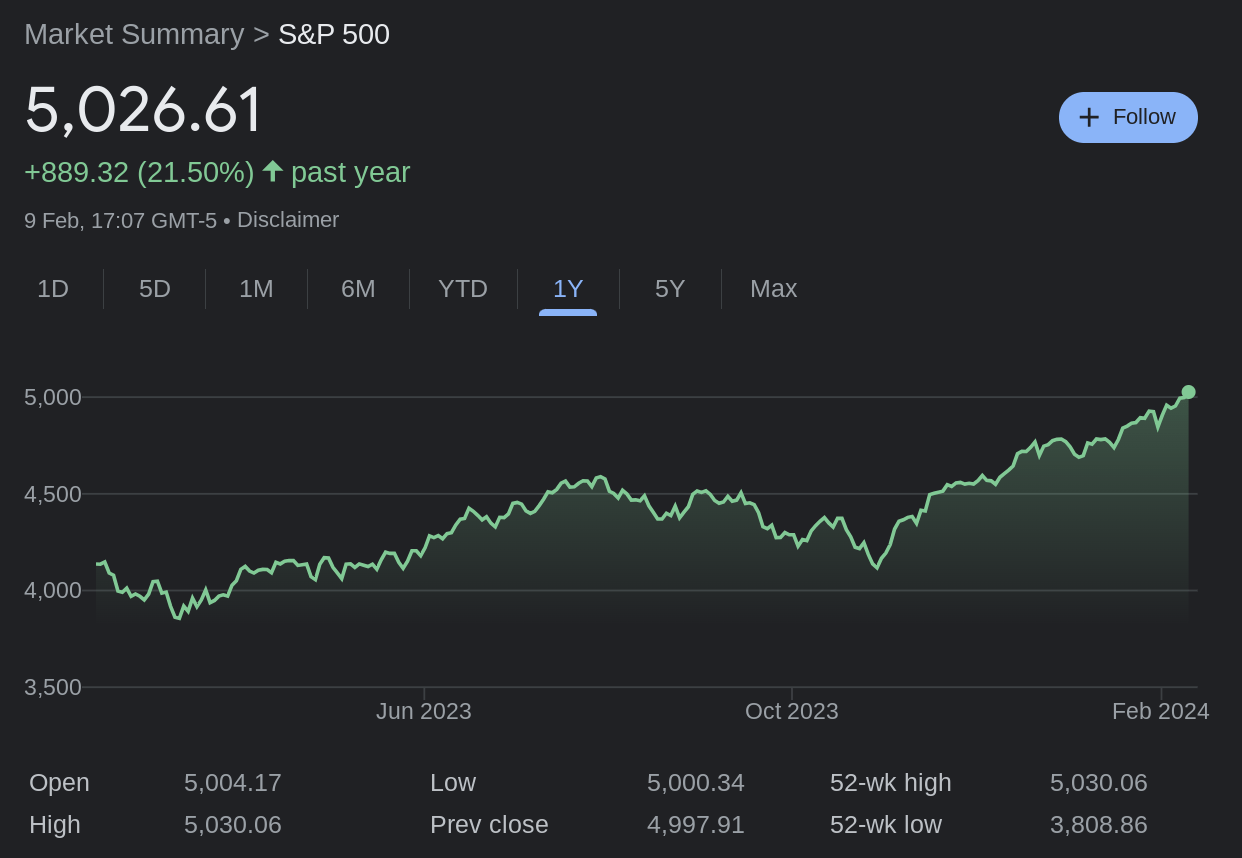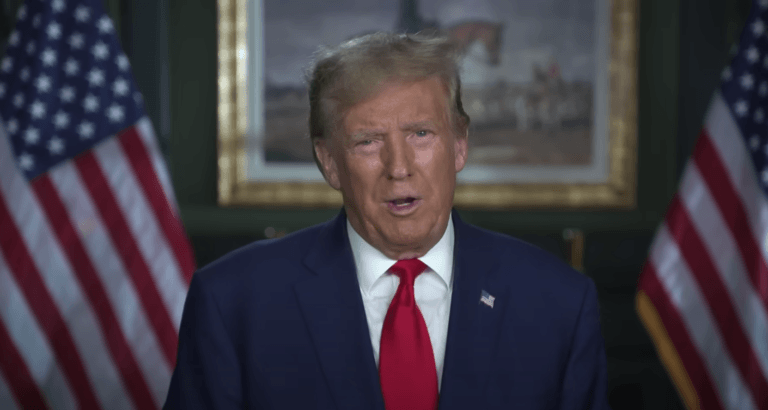In a recent Politico article by Adam Cancryn and Meridith McGraw, the narrative surrounding the U.S. economy’s performance under President Joe Biden is compellingly unpacked. The piece highlights how the unexpected economic upturn is reshaping the political landscape, particularly for former President Donald Trump and his campaign’s strategy for the 2024 presidential election.
According to Politico, the U.S. economy’s robust health, marked by significant job growth and stock market highs, is challenging Trump’s initial strategy to critique Biden’s economic management. The article outlines how, with 353,000 new jobs added in January alone and a continuous streak of job gains, Trump’s narrative of economic doom under Biden is losing ground.

Politico’s analysis reveals that the positive economic indicators, including rising wages that now outpace inflation, are altering public perception. This shift comes after a period of inflation that had previously dampened Biden’s approval ratings. The narrative from the Trump camp, as Politico notes, is now in a precarious position, needing to pivot from its original critique.
The article further explores Trump’s attempts to discredit Biden’s economic achievements, with Trump suggesting, without evidence, that the stock market’s success should be attributed to him.
In the political arena, economic performance often becomes a battleground for candidates seeking to prove their leadership prowess. A notable example of this was during Bill Clinton’s campaign, where the phrase ‘It’s the economy, stupid’ was coined.
This mantra served as a reminder to focus on economic issues, suggesting that the incumbent president at the time, George H.W. Bush, was mishandling the economy. It aimed to draw voters’ attention to the perceived economic policy failures of the Bush administration and to underscore the importance of addressing economic concerns in the election.
By emphasizing economic issues, the Clinton campaign sought to connect with voters’ financial interests, positioning themselves as better suited to tackle the economic challenges facing the country.
Fast forward to the present, and the economic landscape presents a challenging narrative for former President Donald Trump as he attempts to critique President Joe Biden’s handling of the U.S. economy. The stock market’s stunning performance over the past year, with the S&P 500 up 21.5%, complicates Trump’s efforts to paint a picture of economic mismanagement under Biden’s leadership. This robust growth in the stock market underscores a level of investor confidence and economic resilience that directly contradicts Trump’s narrative.
Last month, Trump made a striking declaration on his ‘Truth Social’ platform, attributing the stock market upswing to his favorable polling numbers against Biden. He suggested that investor confidence was buoyed by the prospect of his victory in the upcoming election, a claim made without presenting any supporting evidence. As CNBC reported on January 29, 2024, Trump’s post emphatically stated:
‘THIS IS THE TRUMP STOCK MARKET BECAUSE MY POLLS AGAINST BIDEN ARE SO GOOD THAT INVESTORS ARE PROJECTING THAT I WILL WIN, AND THAT WILL DRIVE THE MARKET UP – EVERYTHING ELSE IS TERRIBLE (WATCH THE MIDDLE EAST!), AND RECORD SETTING INFLATION HAS ALREADY TAKEN ITS TOLL. MAKE AMERICA GREAT AGAIN!!!’
However, the reality of the stock market’s performance and broader economic indicators poses a significant challenge to Trump’s criticism. The phrase ‘It’s the economy, stupid,’ once used to highlight economic mismanagement, now serves as a reminder of the complexity of attributing economic success or failure to a single administration. The current economic data, particularly the stock market’s success, suggests that Biden’s administration may not be as easily criticized for economic mismanagement as Trump hopes.
In this context, Trump’s attempts to claim credit for the stock market’s performance and to cast Biden’s economic policies in a negative light may find limited resonance with voters who are witnessing a thriving economy. The contrast between Trump’s assertions and the actual economic performance makes it increasingly difficult for him to leverage the economy as a point of attack against Biden, illustrating the nuanced relationship between political leadership, economic policy, and market performance.
Politico reports on the skepticism from economists and fellow Republicans regarding Trump’s claims, highlighting the difficulty in convincing the public of Biden’s economic mismanagement when indicators suggest otherwise.
Politico also brings to light the perspectives of Trump’s close allies and former economic advisers, who acknowledge the challenge in critiquing Biden’s economic record. The piece quotes Stephen Moore, indicating the complexity of criticizing Biden when the economic policies seem to be working in favor of job growth and wage increases.
In their coverage, Politico does not shy away from the broader implications of this economic turnaround. The article suggests that, despite the positive trends, most Americans remain skeptical about the overall economic trajectory, with concerns about the cost of living still prevalent.
The Politico piece concludes by examining the potential political strategies for Trump in light of the current economic climate. It suggests that focusing on the still-high cost of living compared to his presidency might be Trump’s most potent argument against Biden. Yet, as Politico articulates, convincing the electorate may require more effort than anticipated, given the current economic optimism.
Featured Image via YouTube (Donald Trump’s Channel)








